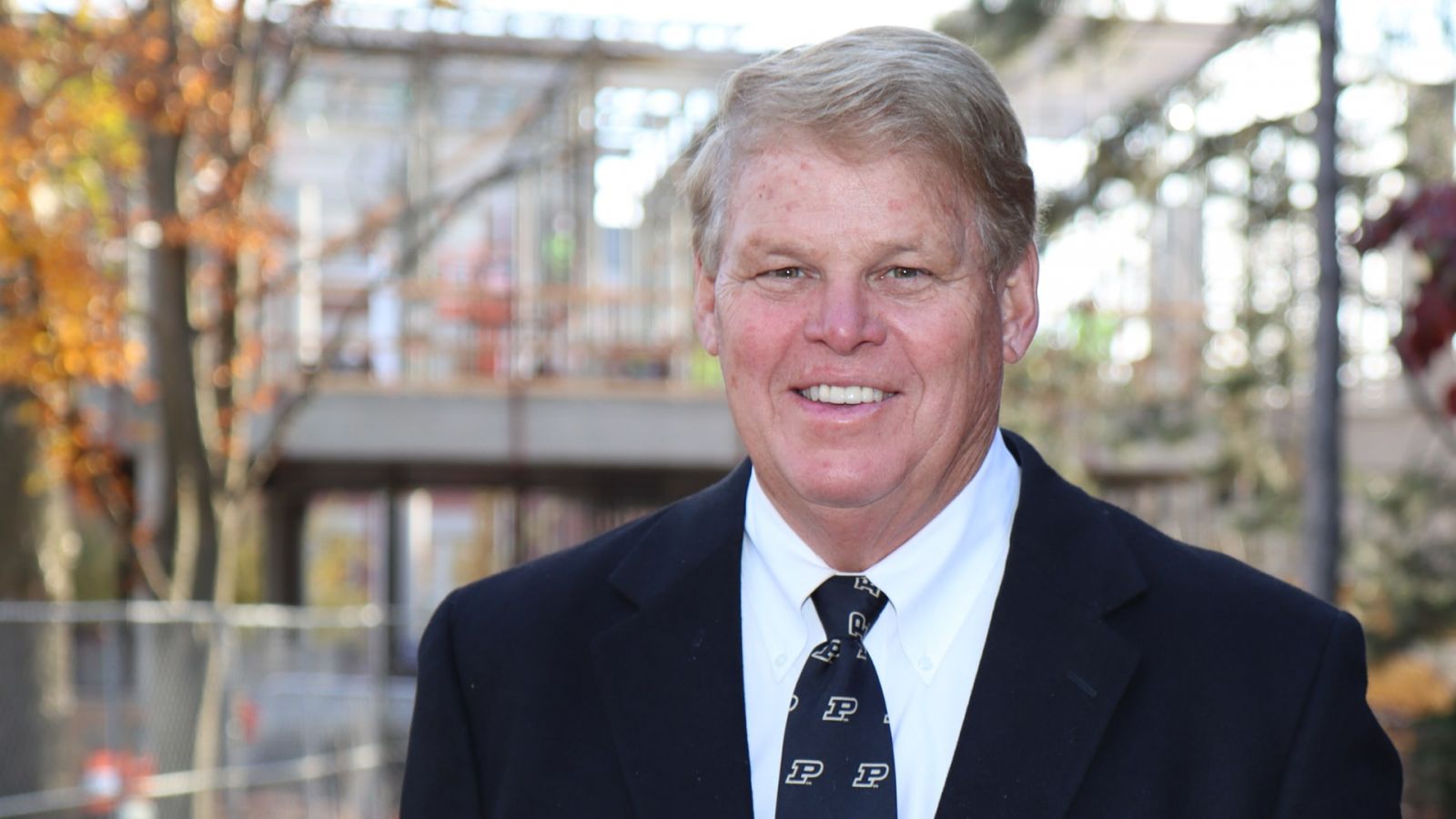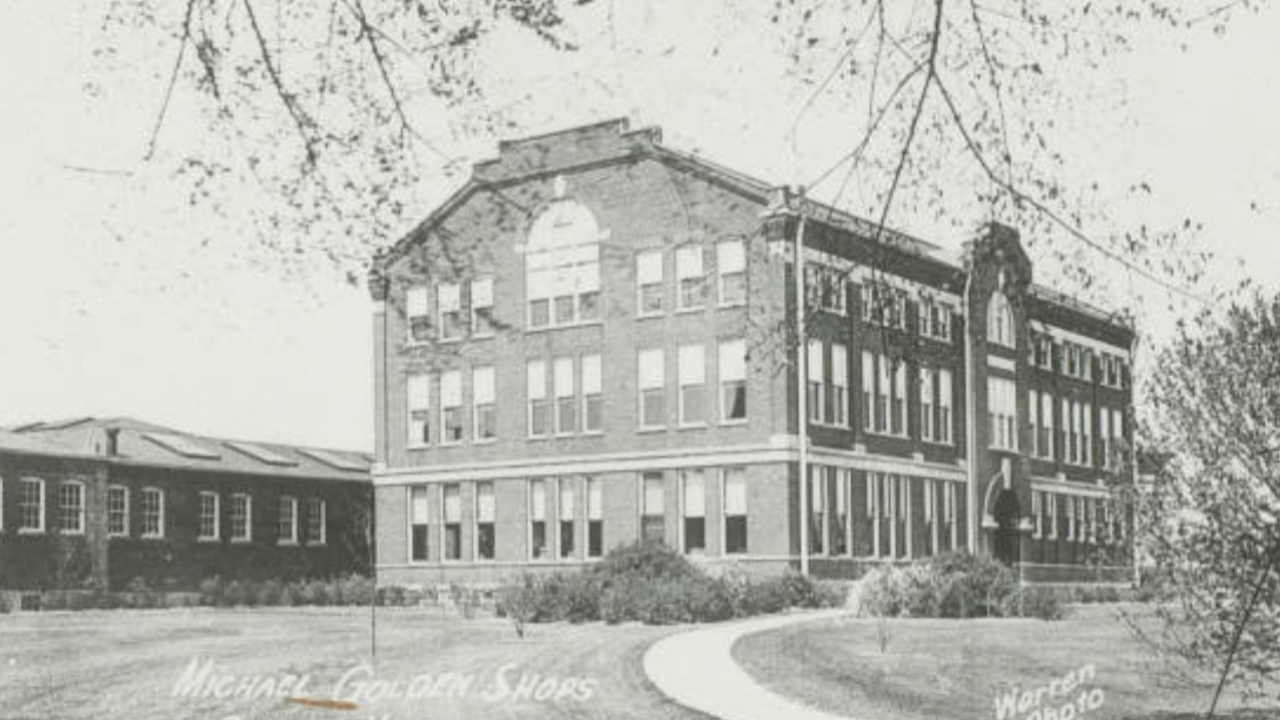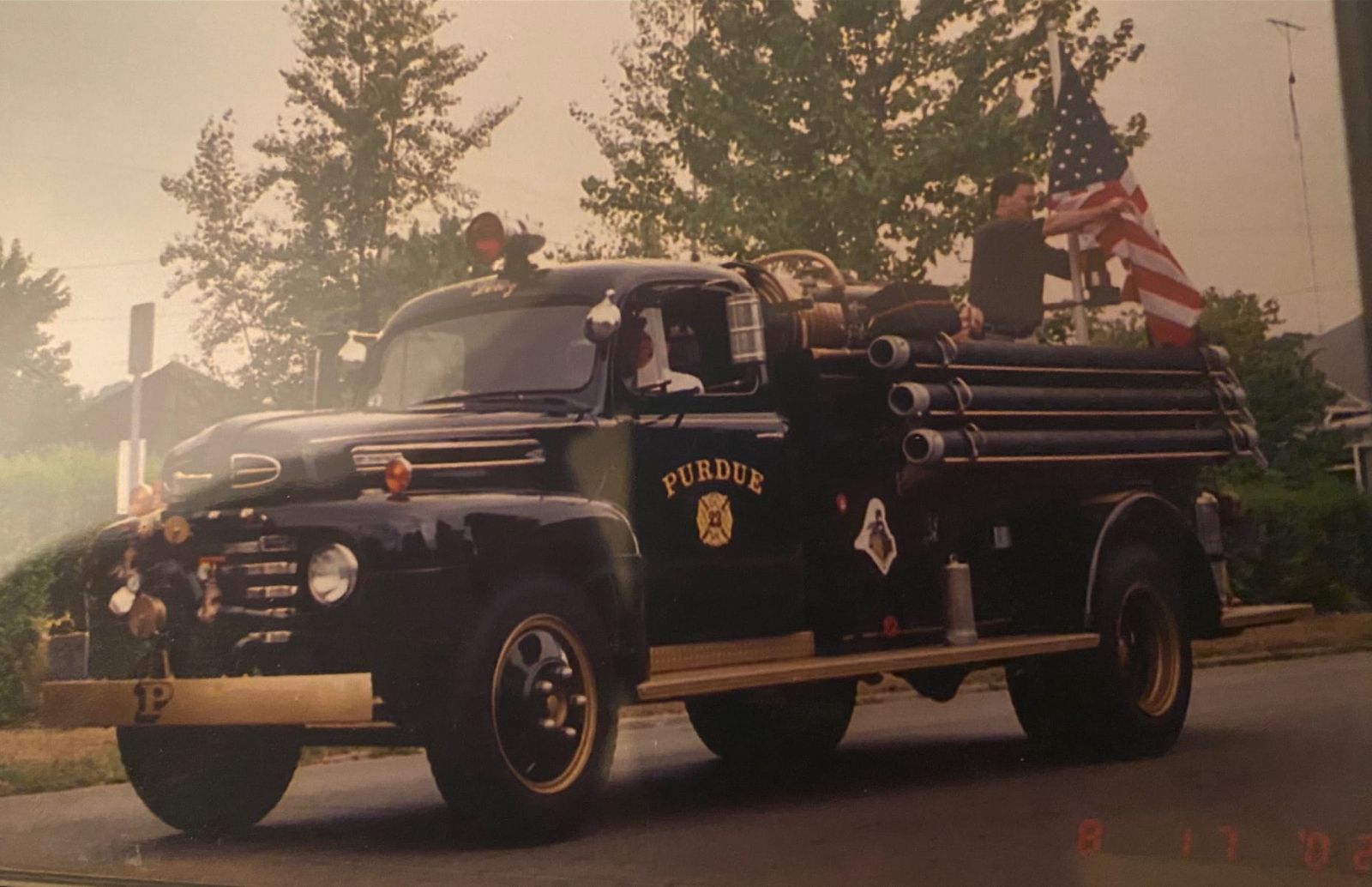
Wayne Ripberger (BS mechanical engineering technology ’73) had an exemplary career in the manufacturing industry. We asked him how his Indiana roots, a passion for manufacturing and his Purdue degree led to leadership positions in cities around the world.
Question: Why did you choose to major in mechanical engineering technology?
Wayne Ripberger: After graduating from high school in 1966, I wasn’t sure what I wanted to do, and then the Army sent me to Vietnam. After coming home in the spring of 1969, I decided to go to Purdue that fall. It impressed me that Purdue offered services to help military folks get back into education, including meetings about academic programs and counselors who could help us. That gave me the confidence I needed.
My father spent years working in a factory. I knew others who were in manufacturing near where we lived in Connersville, Indiana, a manufacturing town that was called “little Detroit.” I wanted to get into the field, and mechanical engineering technology lent itself well to that.
Question: What were your impressions of our college’s facilities during your time as a student?
Ripberger: I remember the first floor in Michael Golden Hall. There was a professor of industrial engineering technology who ran the machine shop, and he had a passion for it! I remember the old stairway going up to the second floor, too. It was a very good facility from the standpoint of practical applications.
In Michael Golden Labs, we had hydraulic test stands, a machine shop, a foundry and a lot of other opportunities for hands-on learning that were apropos for going into a manufacturing career. I spent 50 years in manufacturing, and I’m still passionate about it. Especially today, it’s a field that brings technology, processes, people, products, quality and customer service all together. I liked that manufacturing was more than just a design-oriented career. Satisfying the customer was the key part. I enjoyed that spark.

Question: What other memories stand out about your time at Purdue?
Ripberger: I always felt Purdue treated you with respect. Back then, grades were sent directly to your parents’ house. So, I went into the bursar’s office and asked for help, telling them I had served in the Army, had gone overseas and had been living on my own, and that I would appreciate Purdue sending my grades to me. They honored my request without any questions. I thought that was so respectful. It made me feel like a person, not just a student or a number.
Question: Based on your experience, why does it remain important for Purdue Polytechnic to offer programs that prioritize hands-on education?
Ripberger: I’ve worked with people who graduated from programs in what is now known as Purdue Polytechnic, and I thought they were some of the most well-rounded individuals that I ever ran into. They brought a level of practicality that you don’t often find from other programs. That hands-on experience is very relevant in manufacturing and it remains extremely important in businesses of that nature today.

Question: What are some of the highlights of your career?
Ripberger: When I was getting ready to graduate, I interviewed with 11 companies and received as many offers, which made me feel good because it showed my Purdue degree made me really in-demand. In 1973, I went to Cummins in Columbus, Indiana, as a manufacturing engineer. I was assigned to a cylinder block line that was being installed and was responsible for getting it started. It took many hours to get the job done, and I learned a tremendous amount about machining, equipment and processes, and about electrical, hydraulic and mechanical systems.
I then took an offer with Cummins in Jamestown, New York, to lead the process of getting a machining assembly process with equipment worth $80 million up and running. Jamestown was a very progressive operation with a lot of teamwork.
Toyota had a plant in Georgetown, Kentucky, where they were already making cars, and I became manager of the engine line. It was the first time Toyota made engines in the United States. I worked for 12 years at Toyota, advancing to vice president for powertrain operations and production control. I became a true believer in the Toyota production system, which taught me how important people are in manufacturing. You can be a parts designer for a car and not necessarily work directly with many others — but in manufacturing, people are the key element for success.
John Deere interviewed me six times. I always had a passion for the company, so I accepted their sixth job offer and moved to Cedar Falls, Iowa, becoming responsible for powertrain operations at four plants — two in the States, one in Mexico and one in France.
I later went back to Cummins, first in Minnesota, then in England, then in North Carolina. One day, a Wednesday, my boss called and said, “I want you to be in Columbus, Indiana, to head up the Ram engine plant next Monday.” I asked my wife if she was ready go back to Indiana, and she was elated.
Question: How did your Purdue degree in mechanical engineering technology remain relevant on the job?
Ripberger: The practical aspects of the program helped me in many ways. My class in drafting was extremely helpful at Cummins. We had a drafting department, with 40 or 50 draftsmen putting lead to paper. I worked with them on many redesigns. Hydraulics class was extremely helpful; I actually became a hydraulics instructor at Cummins. Machining basics, the foundry, speech, a class called “Strength of Materials” — these were all pertinent and brought a level of knowledge I couldn’t have gotten in other programs. I used them all in my job as a manufacturing engineer, right from the beginning.
Later, in leadership roles, I would think back to classes I took. When we were buying equipment for a new engine model for the Ram truck, I would lean on skills I learned at Purdue when talking with suppliers, and suggest they re- look at something. Those core classes were very beneficial.
Ripberger and his wife, Karen, live in Columbus, Indiana. Their two daughters also are Purdue graduates.
